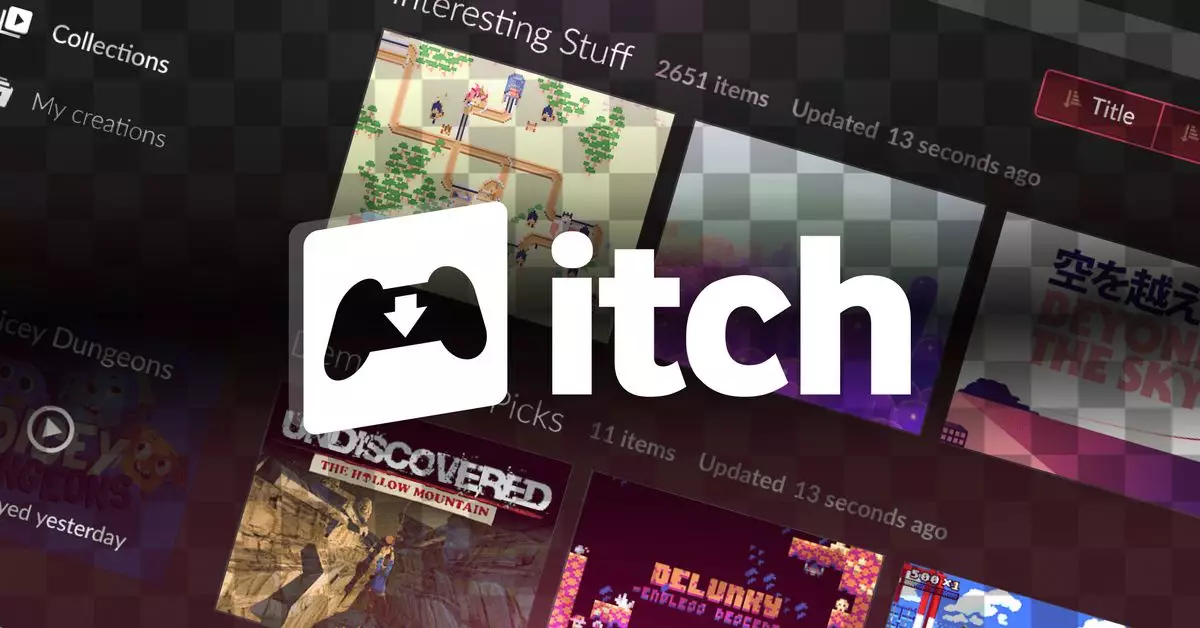In the ever-evolving landscape of online platforms, Itch.io, a significant player in the indie game market, recently faced an unwanted setback due to a misreported phishing attack. Despite its servers being operational, the storefront became effectively inaccessible as its domain pointed towards unauthorized IP addresses. This unfortunate event underscores a critical issue that can impact even well-established companies. Itch.io’s predicament emerged from an allegation related to its domain, which the platform asserts was initiated by Funko, a firm well-known for its pop culture collectibles. Their claim centers on a faulty report generated by Brand Shield, an AI-based brand protection tool whose reliability has come into question.
The incident raises broader concerns about brands relying heavily on automated systems for domain protection. While the intent is to shield intellectual property and safeguard online presence, the accuracy of these tools is paramount. In this case, Itch.io pointed fingers at Funko’s Brand Shield for initiating a chain reaction leading to a temporary yet high-impact outage. The ability of such systems to misidentify threats speaks volumes about the fragility of online commerce and how one erroneous report can throw a company into disarray.
In the aftermath of the attack, Itch.io’s domain registrar, iwantmyname, took the precautionary step of disabling the domain. Although this action was likely automated, it demonstrates the precarious balance between safeguarding against genuine threats and preventing user access to a platform. As situations unfold in the digital realm, companies often adopt hastily implemented measures. Itch.io, in this instance, is now in a holding pattern, anxiously awaiting a reaction from its registrar to reinstate access to its domain.
During this downtime, users experienced various inconveniences, particularly those who recently switched their Itch.io profiles to custom URLs on Bluesky—a social media platform where account validity is tied to the operational status of the Itch.io domain. In a bid to assist users during this turmoil, Itch.io suggested potential workarounds, such as manually editing the hosts file to temporarily access the site via direct IP address. This measure, while helpful, poses additional risks, as users must remember to revert this adjustment once the domain goes live again.
As the situation unfolds, Itch.io is opting for optimism, expressing hope that the interruption will be resolved swiftly, allowing operations to return to normal. A more extended resolution could lead to deeper ramifications, including the potential necessity of adopting a new domain name, an option Itch.io is keen to avoid. The turbulence faced by Itch.io highlights the precarious nature of online platforms and serves as a reminder of the need for robust procedures when dealing with domain issues. As the platform waits for answers, both users and the gaming community will learn lessons from this incident that might shape future approaches to online risk management and protection strategies.


Leave a Reply
You must be logged in to post a comment.